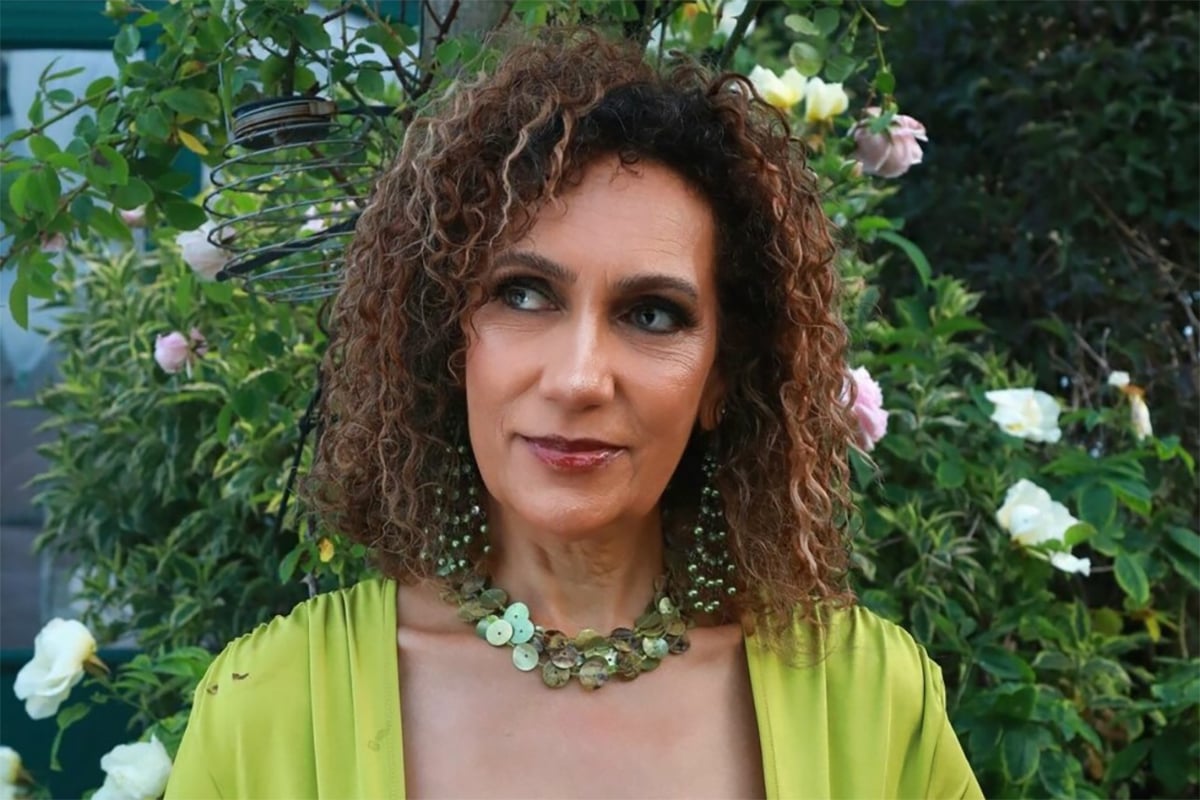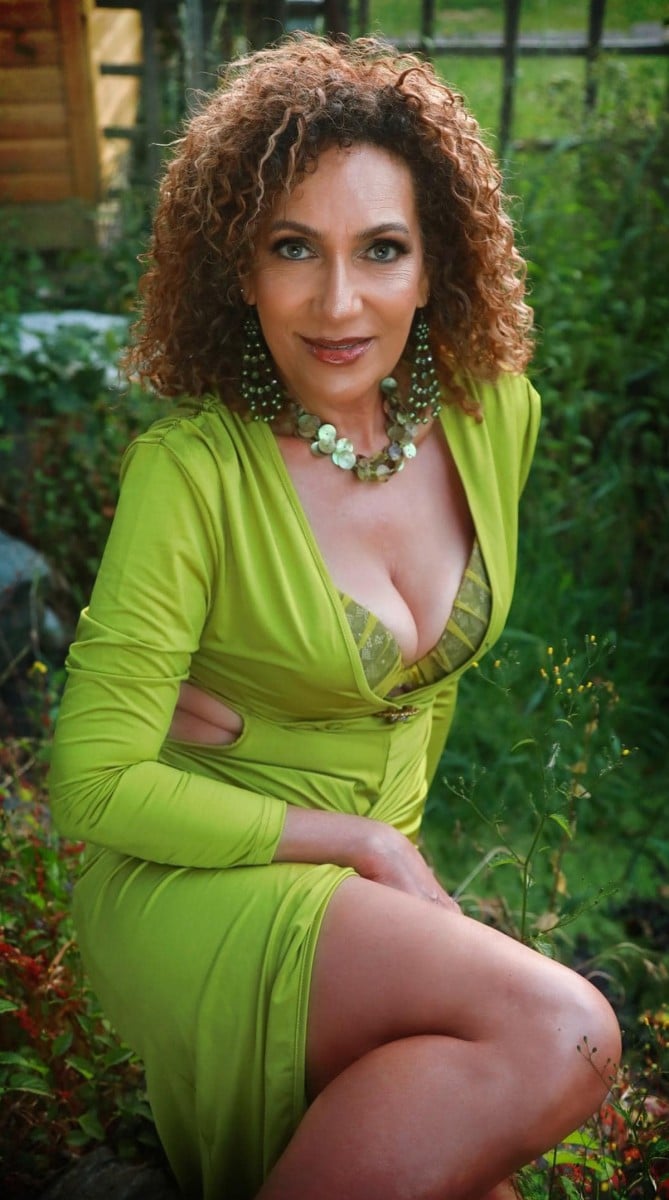J.C. Lodge Says She Regrets Neglecting Her ‘Natural Voice’ For Signature Falsetto

Veteran Reggae singer J.C. Lodge has revealed one regret in her illustrious music career: not using her natural vocals in her recordings.
During an interview with Television Jamaica’s Anthony Miller, the Telephone Love singer, whose signature falsetto has achieved international acclaim, affirmed that she has had a lingering curiosity about the untapped potential of her natural voice. Miller had prompted the discussion by asking her to reflect on things she wished she had known back in the early days of her career.
“One of the regrets I have as a singer is that I don’t have a big voice. I just have this – it’s a falsetto voice. And I think that’s just all I developed, because I didn’t have any training,” she explained.
“When I used to work with Pam Hall a lot in the studio, I would tell her about this, and she said, ‘well, let me hear your natural voice’. And I’d sing it and she said, ‘boy, what a big, ugly voice’!” she said chuckling. “Because my natural voice is not, developed in any way, because I don’t use it. So my falsetto is where I’m most comfortable.”
Lodge, who is known for other hits such as More Than I Can Say and Someone Loves You, Honey, also expressed her admiration for artists such as Etana, who have showcased versatility in their vocal delivery.
“But I wish, you know, when I watch singers Like Etana and, you know, these strong voices, I just wish I could belt out a tune like that. But I know that people appreciate what I have to offer as well. And so, I accept what I have, and I make the most of it,” the singer added.
Born to a Jamaican father and a British mother, J.C. Lodge was primarily raised by her father until the age of 10. In 1968, she arrived in Jamaica for the first time and was brought up by her aunt, alongside her cousins.
JC has recorded 14 albums in her career. Her biggest hits include Someone Loves You Honey, Telephone love, More Than I can Say, Make it up to you, Selfish Lover and Home is where the Hurt Is.
According to her biography, after relocating to Jamaica as a child, J.C. “became immersed in R&B and Reggae, and sang along to everything she heard.”
Encouraged by her classmates, she found joy in performing at her high school concerts, although she initially saw her future career being in either art or drama. However, her trajectory shifted towards music during her relationship with Errol O’Meally towards the end of high school. The songwriter later became her producer and manager.
Following the misadventure with her 1980 chart-topping Reggae cover of Charlie Pride’s country song Someone Loves You Honey, which left producer Joe Gibbs bankrupt after he neglected to pay songwriting royalties to the original copyright holders, JC finally returned to recording in 1985 with the song Revealed, which was co-produced by O’Meally and Willie Lindo.
After signing with iconic producer Gussie Clarke’s Music Works label, J.C. released the track I Believe in You in 1987. This was followed by the album Selfish Lover and her breakthrough Dancehall hit, Telephone Love in 1988 on the Rumours riddim.
Telephone Love was one of the earliest Dancehall songs to find appeal with R&B and Hip-Hop audiences, and it made J.C. into an international music sensation. This led to her securing a contract with the rap-focused Tommy Boy label.
Her only album for Tommy Boy, though, was Tropic of Love, which was released in 1992. The lead single from the album, Home Is Where the Hurt Is, which JC wrote herself, achieved her highest-charting success in the United States, reaching No. 45 on the Billboard Hip-Hop/R&B Song chart.

